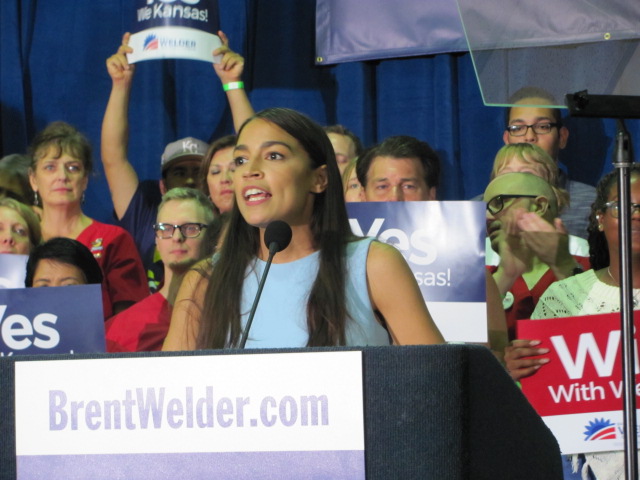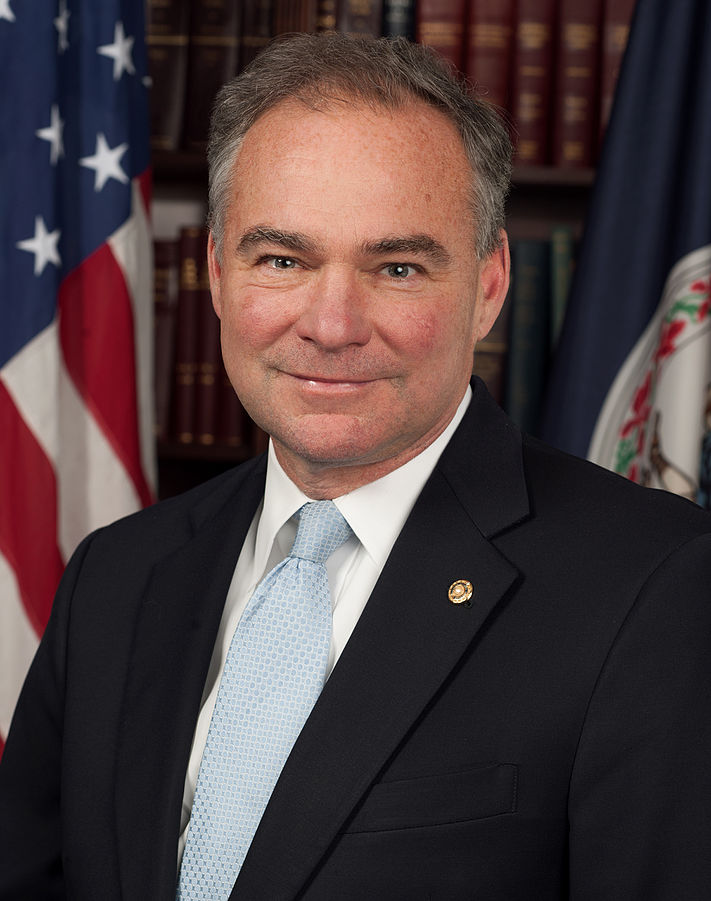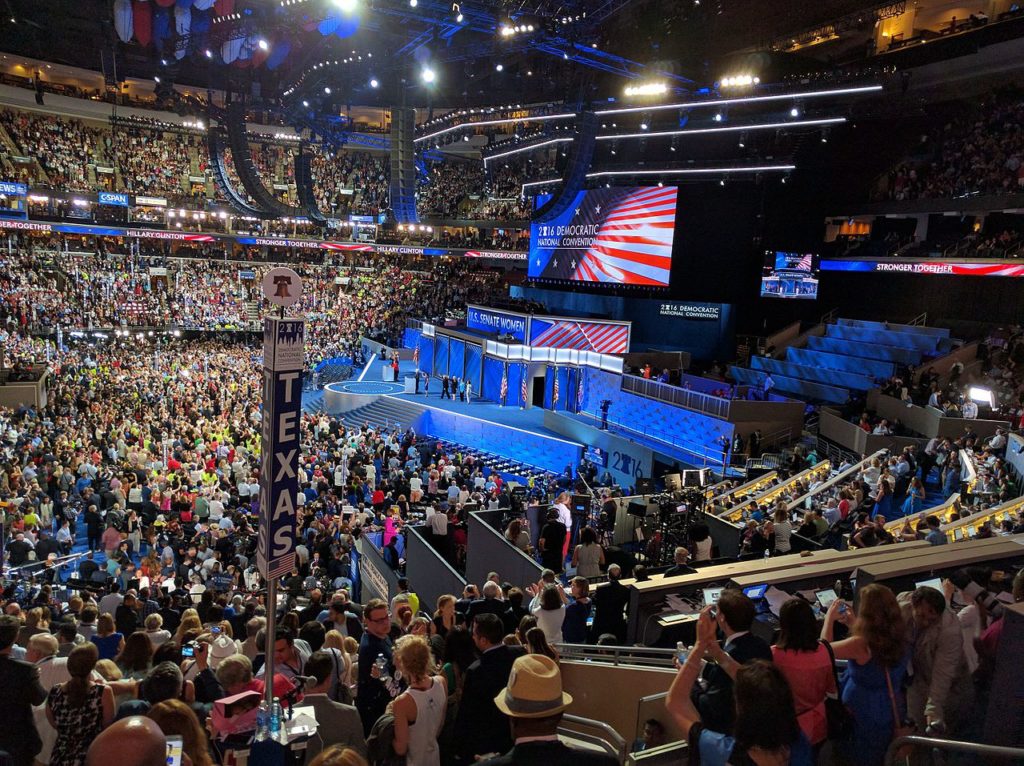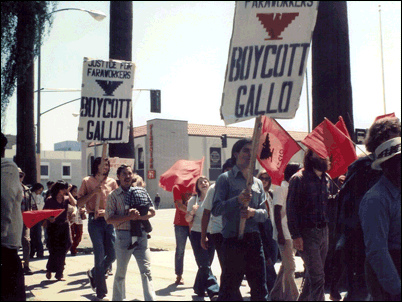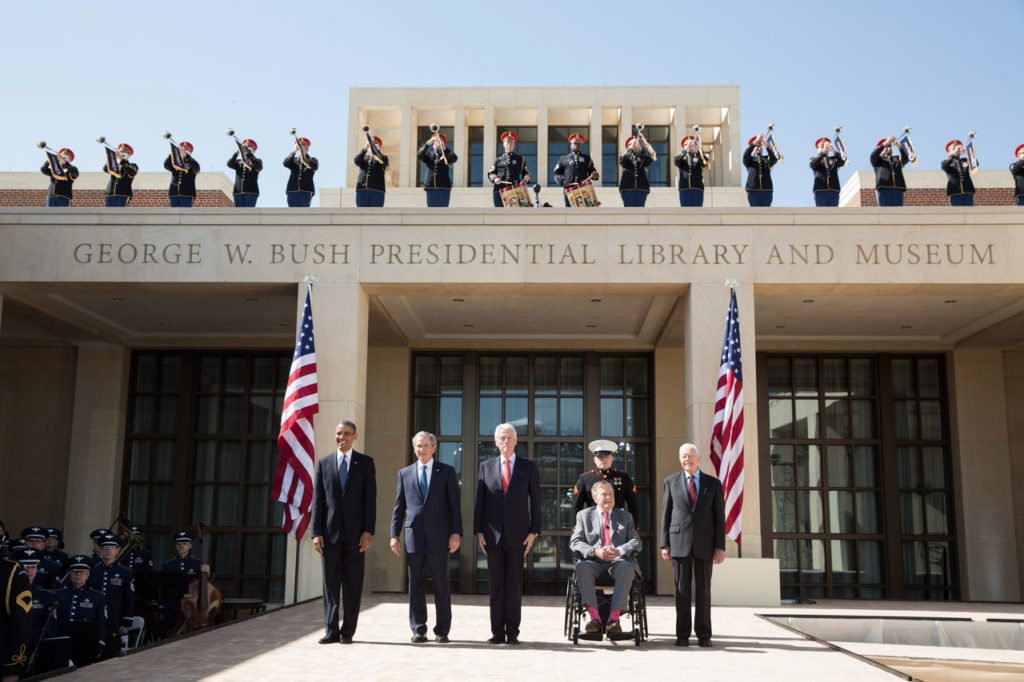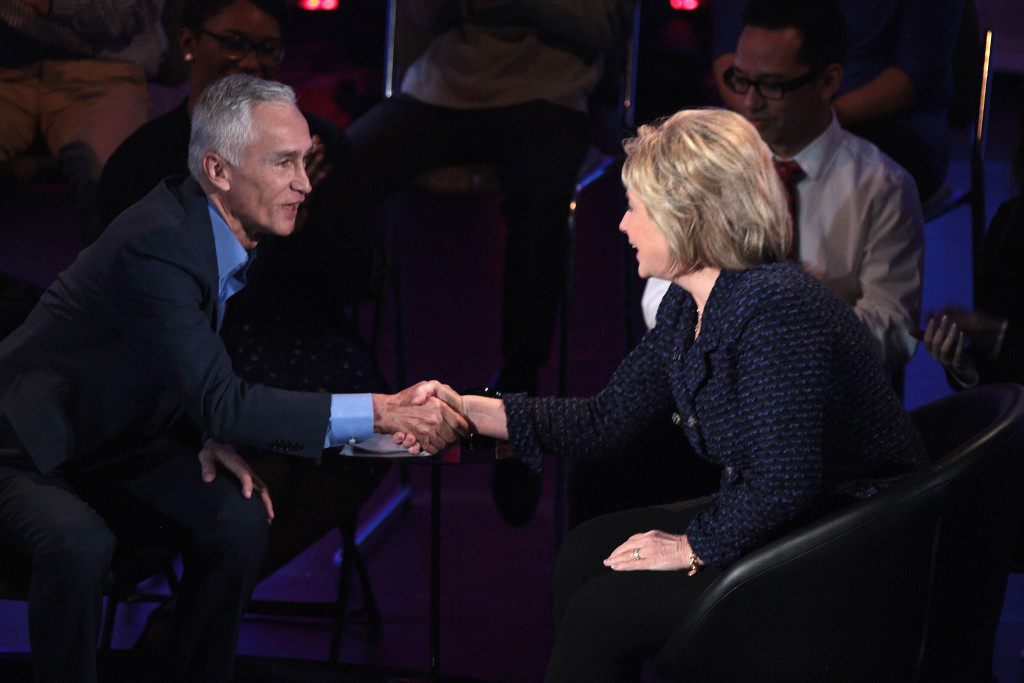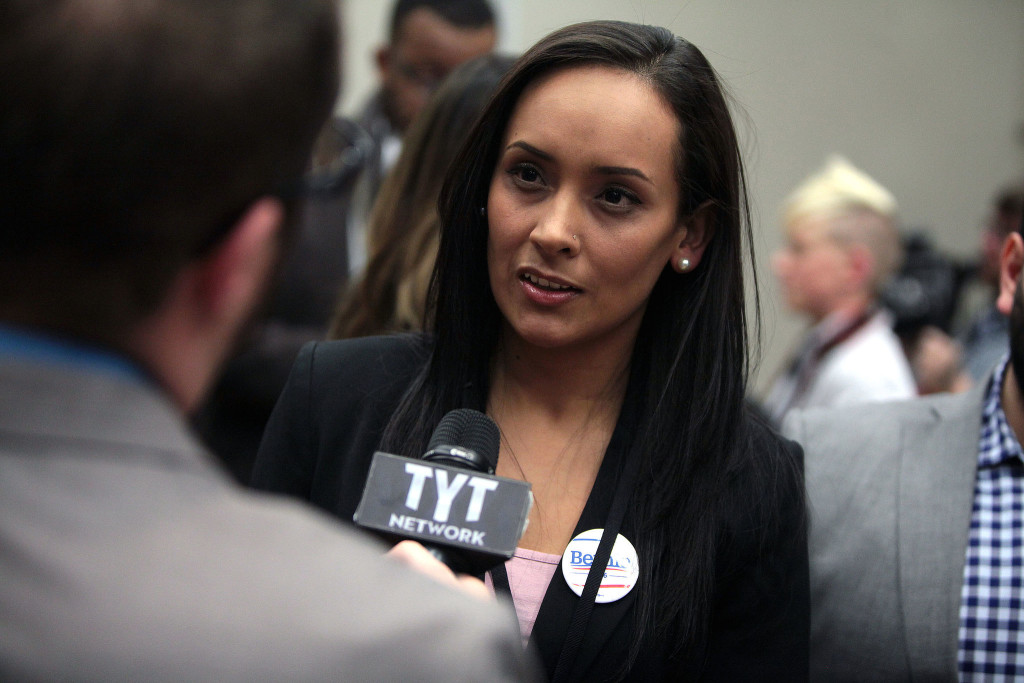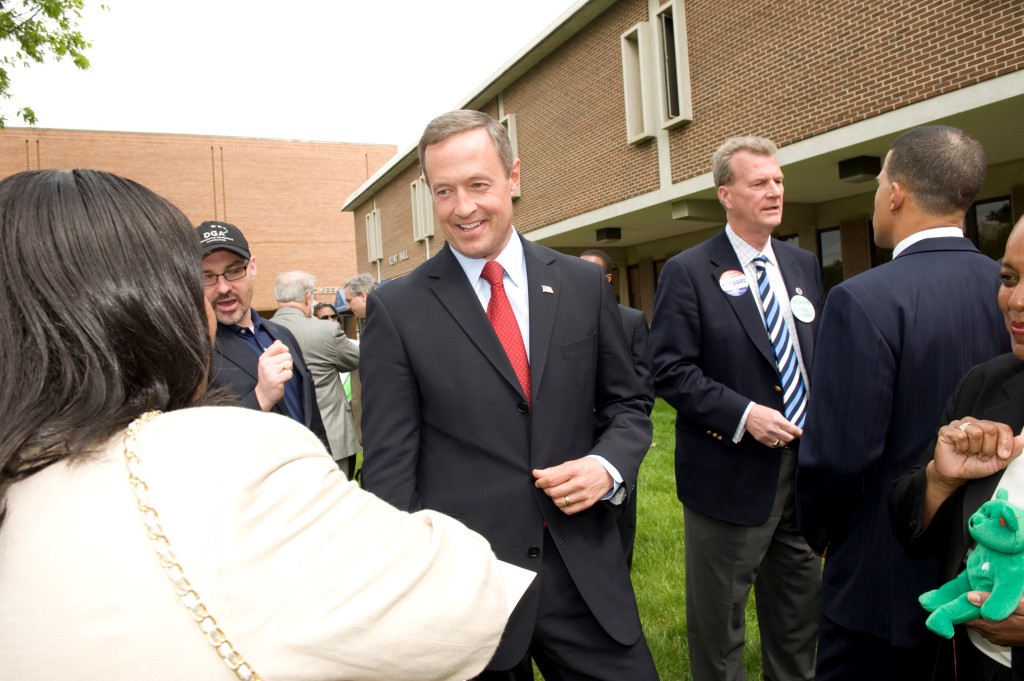Despite popular handwringing about the Democratic Party’s left-wing moves, recent tracking from Latino Decisions and the NALEO Education fund indicates that registered Latino voters and likely Latino voters support the progressive plank of the party. Young women like Alexandria Ocasio-Cortez and Ayanna Pressley are proof of the eagerness among the communities of color, who form an important part of the Democratic coalition, for important social reforms.
Latinos Care About a Fairer Economy and Society, not Just Immigration
The Latino Decisions/NALEO poll shows that Latino voters would be more likely to support candidates who have policies that align with the progressive wing of the Democratic Party. Respondents overwhelmingly favored candidates who wanted a clean DREAM act, universal background checks for gun purchases, expanded access to health care, protection of social programs like Medicare and Social Security, and reproductive rights.
